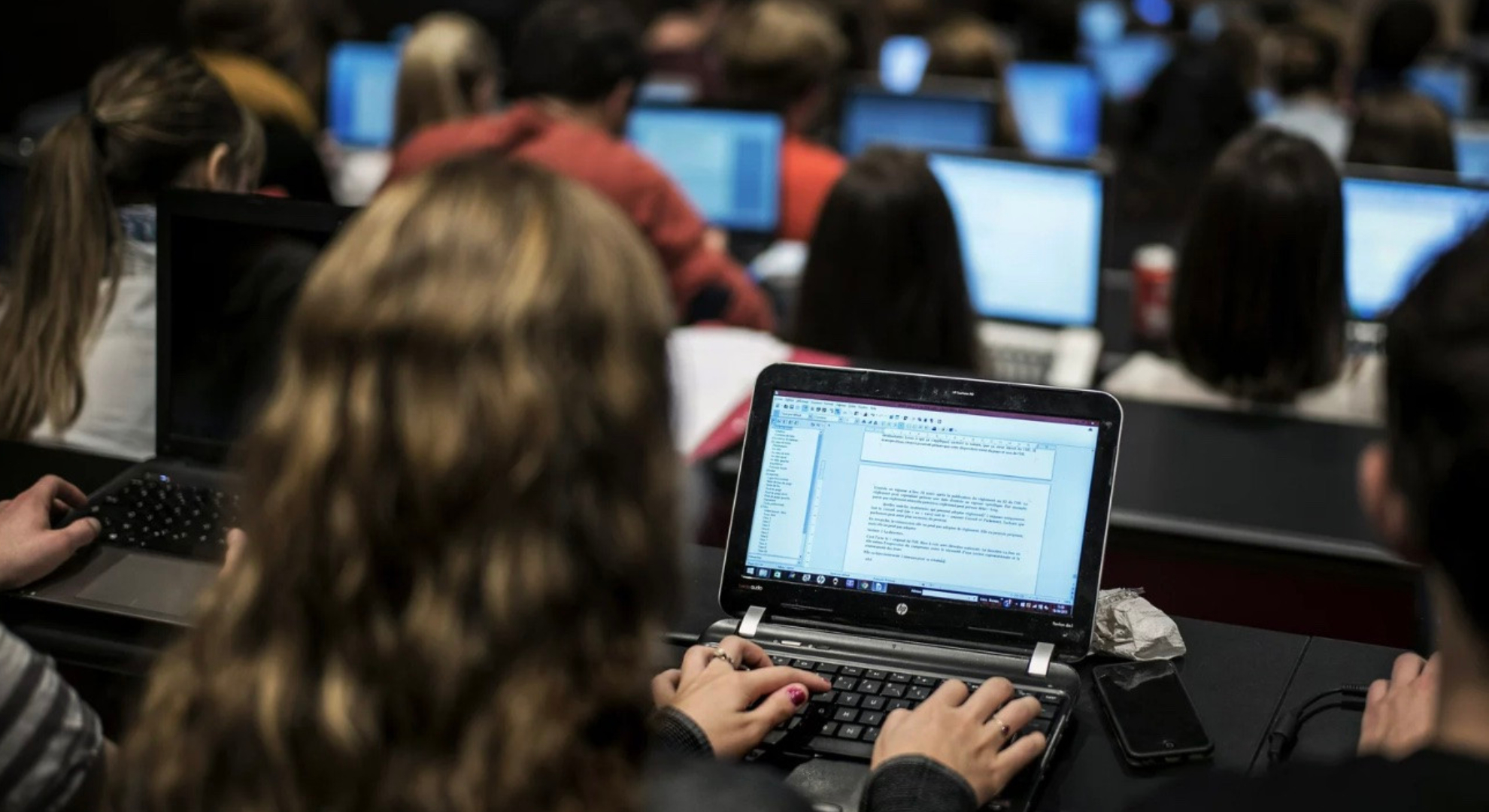The proliferation of AI-generated chatbots like ChatGPT has raised questions with regard to the student’s academic learning, encompassing not only their capability to get the right answer but also their understanding of the process of learning and adapting knowledge.
While some college students, and even professors, are using ChatGPT to ease their coursework and work, it is highly likely that it is also been used as a means of “cheating,” brought by its ease of accessibility.
ChatGPT is an AI-generated chatbot that has the ability to respond to complex questions, write poetry, generate code, plan vacations, and translate languages.
Several professors from across the world are sharing that they’ve caught various students using the AI chatbot as a go-to source for cheating in college, saying it’s a “full-on crisis mode.”
“Asking students questions like, ‘Tell me in three sentences what is the Krebs cycle in chemistry?’ That’s not going to work anymore, because ChatGPT will spit out a perfectly fine answer to that question,” said Bill Hart-Davidson, an associate dean at Michigan State University’s College of Arts and Letters, in a statement from Insider.
Leading educators to re-examine the role of such technology in education – with some completely banning it, while others are finding ways to utilize the technology.
As such, some professors are looking for “ChatGPT-proof” ways to assess the students, which includes returning to paper and oral exams and requiring the student to show the draft and editing history to prove their thought process.
“I’m planning on going medieval on the students and going all the way back to oral exams,” said Christopher Bartel, a philosophy professor at Appalachian State University. “They can AI generate text all day long in their notes if they want, but if they have to be able to speak it, that’s a different thing.”
However, some professors also shared that students will always find a way to cheat, with or without AI.
“I worried that my students would use it to cheat and plagiarize,” said Dublin high-school teacher Shannon Ahern. “But then I remembered that students have always been cheating — whether that’s copying a classmate’s homework or getting a sibling to write an essay — and I don’t think ChatGPT will change that.”
Other POP! stories that you might like:
‘Job or Task Scam’: Don’t fall prey to this Ponzi-style scheme
‘Tech racism is real’: Asian MIT student’s professional headshot turns Caucasian with AI tool
Mark Zuckerberg points out Elon Musk isn’t serious about cage match and calls it off
3 daily rituals to boost brain health, according to the ‘world’s oldest practicing doctor’
‘It’s time to move on’: Zubuchon to close branches in Metro Manila



